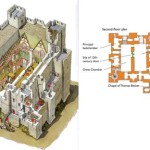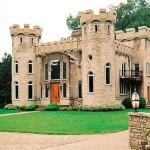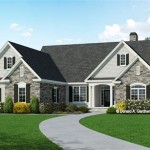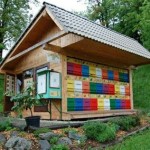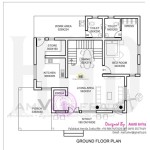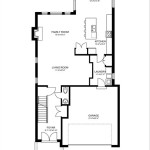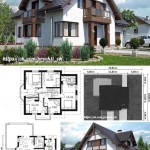Essential Aspects of Cape Dutch Style House Plans: A Comprehensive Guide
Cape Dutch architecture, a captivating fusion of Dutch and Indonesian influences, has been gracing South Africa's architectural landscape for centuries. Its distinctive features and timeless elegance continue to inspire modern home designs, giving rise to stunning Cape Dutch style house plans.
1. Gable Roofs and Thatched Thatching
The most iconic hallmark of Cape Dutch houses is their steeply pitched gable roofs. These roofs not only add character but also provide ample attic space for storage or even conversion into additional living areas. Thatched thatching, a traditional roofing material, is often used to enhance the rustic charm and insulate the home naturally.
2. Whitewashed Exterior Walls
Cape Dutch houses typically feature whitewashed exterior walls, creating a pristine and inviting facade. This white coating not only reflects the harsh South African sun but also complements the surrounding greenery, evoking a sense of tranquility and harmony.
3. Emphasis on Symmetry
Symmetry is a key element of Cape Dutch design. The house plans are often characterized by a central axis, with the front door flanked by matching windows and symmetrical wings extending on either side. This creates a sense of balance and order, giving the home a stately and elegant appearance.
4. Use of Verandas and Stoeps
Verandas and stoeps are integral parts of Cape Dutch homes. These covered outdoor areas provide a protected space for relaxation and entertaining, while also allowing for seamless indoor-outdoor living. Verandas typically extend around the sides of the house, while stoeps are found at the front, creating an inviting first impression.
5. Ornate Gables and Decorative Details
Cape Dutch house plans often feature elaborate gables and intricate decorative details. The gables may be adorned with curved pediments, volutes, or delicate fretwork. These details add visual interest and give the home a unique and charming character.
6. Large Windows and Glass Panes
Large windows and glass panes are commonly found in Cape Dutch designs. These allow for ample natural light to flood the interior, creating a bright and airy atmosphere. The use of wooden shutters or blinds provides privacy and helps regulate the temperature inside the home.
7. Spacious Interiors and High Ceilings
Cape Dutch house plans typically offer spacious interiors with high ceilings. The rooms flow seamlessly into one another, creating a sense of grandeur and openness. The high ceilings contribute to a feeling of airiness and allow for the installation of large chandeliers and other decorative elements.
8. Open-Plan Living Areas
Modern interpretations of Cape Dutch style often incorporate open-plan living areas. The kitchen, dining room, and living room are combined into one large, inviting space. This layout promotes a sense of togetherness and facilitates easy flow, making it ideal for entertaining and family gatherings.
Conclusion
Cape Dutch style house plans continue to captivate homeowners with their timeless beauty and practical functionality. The distinctive features of gable roofs, whitewashed walls, and symmetrical design, combined with modern amenities and open-plan living areas, create homes that are both charming and comfortable. Whether you're building a new home or renovating an existing property, incorporating elements of Cape Dutch architecture will ensure a unique and captivating living space.

3474f 1 Gif 857 768 Cape Dutch House Plans South

Cape Dutch House Plans Architecture Of Town

House Plans Of Cape Dutch Houses Best Architecture

Cape Dutch House Design Farmer S Weekly Plans

Cape Dutch House Plans Architecture Of Town

House Plans Of Cape Dutch Houses Best Architecture

Cape Dutch Modern Charlie Co Design

Dutch House Cape Vintage Plans

4 Bedroom Single Y House Plan Sa Home Design Nethouseplansnethouseplans


